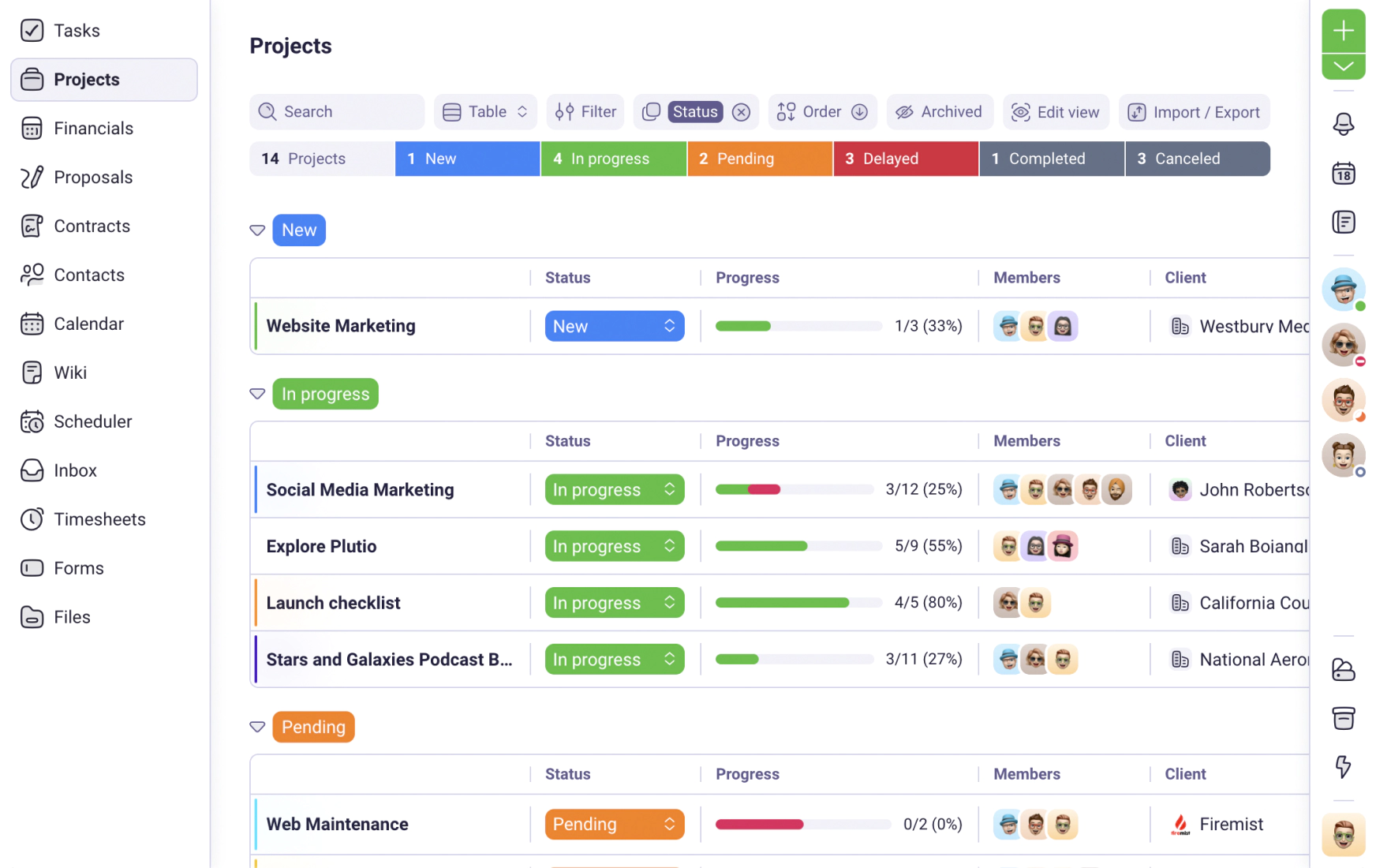We use cookies to personalise and enhance your experience.
The office has changed hugely now so many people work remotely. That means fewer employees engage in small talk. There are no more questions about the family. We have fewer discussions around hobbies, current affairs, or the weekend. So how can we engage and build connections with colleagues?
By 2025, up to 70 percent of workers could be remote for up to five days of the month. Due to the ongoing pandemic, many jobs will remain remote permanently. Companies are adapting to these new circumstances, but there are challenges.
Trust is an important factor in working and professional relationships. It encourages engagement and collaboration in the workplace. To have employees work successfully in remote locations, a company needs deep levels of mutual trust. This leads to remote workers becoming more connected and working better together.
No matter its size, a company can thrive with people that work from home. Several small business phone systems enable remote teams to communicate. Those systems and communication tools can also enable your teams to build better relationships.
This article outlines what virtual team building is. It also highlights ways you can build trust with remote workers through this.
What Is Virtual Team Building?
Virtual team building is a means of building social connections between remote workers. The idea is to create an environment where remote workers can make connections and build relationships.
The intended purpose is to enable remote workers to experience something resembling a co-located office. You can achieve this using a modern communications platform.
Why Invest in Virtual Team Building?
Remote workers can feel isolated when working off-site. They rarely meet anyone from your company. As a result, remote employees can become detached from your culture and your people.
Up to 26 percent of remote workers feel isolated. The isolation off-site workers experience can lower productivity by up to 21 percent, yet both virtual team building and remote work offer many benefits to a company.
Remote team building impacts workplace productivity. Familiarity breeds performance over time. It’s well known that people work better when around colleagues they know. Team building tends to boost morale and offer positive reinforcement
Team building can also increase creativity and versatility. At the office, employees take part in stand-up meetings and come into contact with different ideas. Remote workers can similarly benefit from a virtual team-building culture. Working remotely isolates them from their workmates, but using virtual team-building activities, a company can reinforce its culture across mediums.
With many workers operating remotely, it may seem challenging to bring them together, but a company can still facilitate meetings and engagements for employees working in remote locations. This is possible thanks to the many different communications tools on the market.
How to Build Trust with Remote Workers
There are several ways to build trust between remote workers and a company. You may consider preparing employees for remote work. Then your company can focus on trust by creating an environment that promotes this and provides support. You can create that environment through various activities and tools and the way your leaders work.
1. Be Open
To encourage remote workers to speak and communicate freely, your company leaders need to be open. People gravitate to those that are comfortable to be around. When team leaders are open, team members will feel better opening up with each other.

The goal is to create an environment where team members and leaders communicate honestly about their work. They should feel relaxed as they talk.
Remote workers rely on regular communication to work efficiently. Honest communication allows team members to highlight areas that are lacking. It also enables you to reinforce and promote successes.
2. Keep Your Word
In other words, show integrity at work. People believe what they see over the things they’re told. As a company, you may establish trust with customers, partners, and suppliers. The company builds that trust by proving its worth and providing reliable service. To build trust between remote workers, people need to make good on their promises.
Everyone has commitments to follow through on. There are deliverables to submit, meetings to attend, and projects to complete. By following through on these, team members and companies deepen their levels of trust.
Companies will also establish trust when they promise to make positive changes and actually do.
3. Communicate With Clarity
Choose a stance and elaborate on it. In some workplaces, people engage in office politics and hide their intentions. Some colleagues and team leaders will also communicate issues without explanations. When building trust between your remote workers, you must communicate with authenticity.
We can all recognize when someone is genuine. Communicating in a clear, honest way will breed trust. Your remote workers will know the reasons behind your message. They can be confident in what their peers and leaders have to say. Communicating why the company is adopting new initiatives will inspire remote workers to do more.
Virtual Team Building Activities
Many of the best apps for working remotely make it possible to engage in virtual team-building. These applications have various features that are beneficial for both work and other activities.
Some have storage and version control software. Others have instant messaging and video conference calling. When considering virtual team-building activities to engage in, here are some things to think about.
Choosing activity types
Before choosing virtual team-building activities for your remote workers, you need to know what will strike a chord with them. You can use business communication tools to get some feedback. Is your team looking for activities everyone engages in simultaneously? Are they looking to have fun? How often should you hold team-building activities.
People have varying personality types. What works for some team members may not work for others. Use feedback to choose the right type of activities for your remote workers.
You should also consider which communication tool will serve you best. Take a look at RingCentral alternatives to start team-building.
Types of Virtual Team Building Activities
There are several remote team-building activities your company can try. These can be flexible and relaxed. Some may focus on fun and others on conversation or input. Below are some examples of interesting team-building activities that could bring your remote team closer.
1. Check-Ins
Every so often, it’s important to see how your remote workers are doing. At the office, it’s easy to check on employees. You can recognize when they’re having a tough day or when something is impacting their work. As remote workers are away from the office, team leaders and management can only evaluate a worker’s output.
Regular check-ins enable leaders to open communications between the company and its remote workers. This way, team leaders can understand where their employees are at. This is beneficial when monitoring goals and finding ways to maximize the efforts of remote employees.
2. Gather Feedback
No company is perfect, but the best ones strive to improve. Gathering employee feedback is an easy way to make improvements. You can send out feedback forms using tools like Google Forms. One way to build trust with remote workers and show you value their input is to have virtual brainstorming and feedback sessions.
The team leader could use a virtual whiteboard during the meeting. That way your remote workers can discuss ideas together. Virtual whiteboards are tools that every remote employee on your team can use simultaneously. This provides the sense of being in a group discussion.
3. Virtual Water-Cooler Chats
Like anything, remote work has pros and cons. As mentioned earlier, one of the downsides is loneliness. To combat this, your company could encourage virtual water-cooler chats among its hybrid teams and remote staff. Employees can take a few minutes out of their day to grab a drink and chat with other members about things unrelated to work.
This helps remote workers build relationships and connections around things outside their job. They can talk about hobbies, interesting news, and family and friends. Even when people work remotely, they can still connect on different levels.
Consider recreating water-cooler conversations in a virtual space. Your remote team may well appreciate it.
4. Virtual Celebrations
Some employees and teams perform exceptionally well for a company. They break records, increase revenue, and produce breathtaking work. In the office, you’d recognize the efforts of those employees. A team may have a small party to celebrate its work and efficiency.
Remote workers, however, can feel left out when celebrating the efforts of their peers. A remote worker or team can also perform well and achieve something deserving of recognition.
To do so, hold a virtual team celebration to reward their efforts. In the office, you can see various tokens that recognize the work of the best employees. As remote workers will not meet in person, you must validate their work in other ways.
Building Trust Remotely
Many companies are considering their options regarding remote work. Those that continued to thrive throughout the pandemic have realized remote work doesn’t negatively impact their performance or revenue. As a result, some companies are opting to stick with a remote model permanently.
This means companies increasingly need new ways to build trust and team build. To maintain a positive working environment for remote and on-site workers, virtual team-building activities can be an ideal tool.
Find activities that are fun and interesting. Be open and vulnerable with your teams to allow them to feel comfortable with you. Virtual team building is a must in our new normal, so try the ideas suggested and see how they work for you.
Have you tried Plutio yet?
The only app you need to run your business and get work done.
Try Plutio for FREESupercharge your business
The complete toolkit to run your business
The intuitive all-in-one solution to manage and collaborate on projects, share files, build forms, create proposals, get paid, and automate your workflow.
No credit card required


